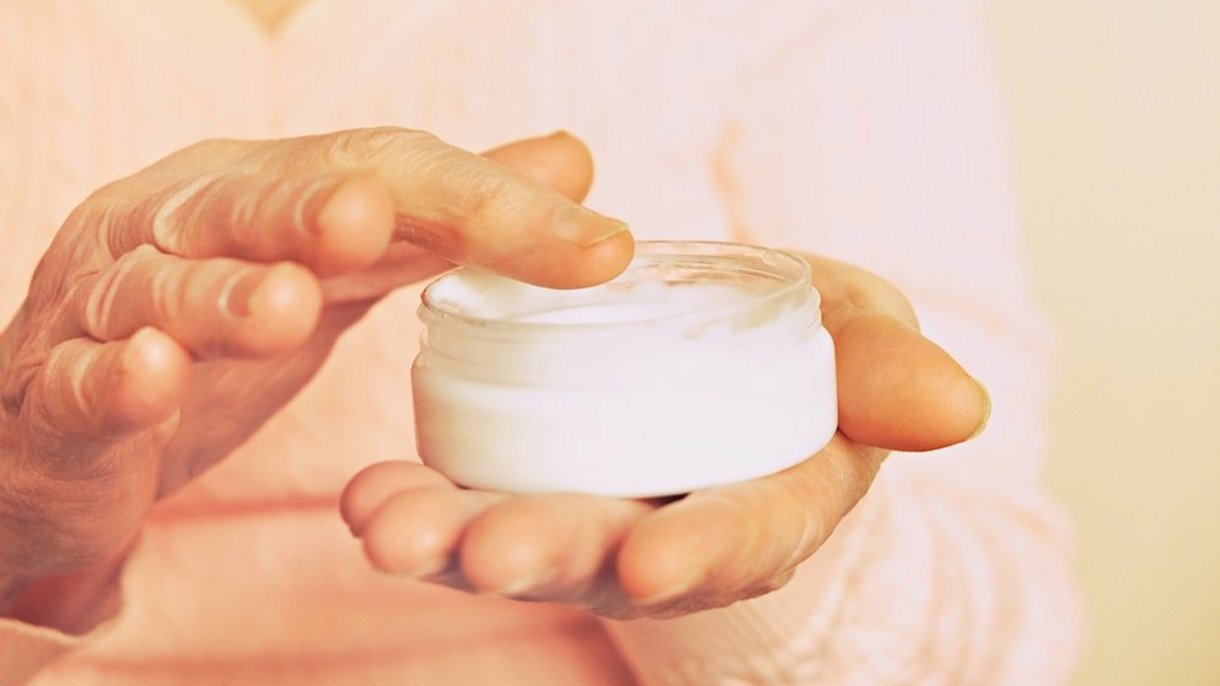The skin can become thinner with age and loses elasticity and resilience. The layer of tissue and fat under the skin can also lose thickness.
When blood circulation is insufficient, the health of the skin is affected, as the skin needs oxygen, nutrients and cells to stay healthy. Dialysis, diabetes and chronic heart disease may also impact the condition of your skin, such as dry, scaling and itching skin.
Reduced blood circulation in your limbs and slow wound healing can increase the risk of developing pressure ulcers and skin sores. However, proper skin care and maintaining a healthy lifestyle can help delay natural ageing and keep your skin healthy.
Tips to take care of your skin
During dialysis
- Change your position regularly while in the dialysis chair or bed
- If you have difficulty changing position, you may use foam or cushion for bony areas, such as your elbow, heel, and buttocks
- Elevate your arms and legs if swelling is present
- Use cooling/ice packs with supervision, as the use of cold packs directly on the skin may lead to skin damage
- Avoid using heating devices on your skin which may harm your skin
Keeping clean
- Shower in warm (not hot) water and dry your skin gently
- Avoid using soap that does not contain moisturizers. Perhaps you can additionally use body lotions to moisturize your skin
- Protect your skin from dry or cold air and keep your skin clean and dry at all times
Daily life
- Exercise may help boost your circulation and improve your skin
- Wear loose-fitting clothing to reduce skin irritation
- If you have itchy skin, keep your fingernails short to help prevent breaking the skin and use cool moist compresses to help relieve the itch
- Try to avoid and prevent sunburn
